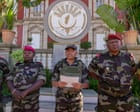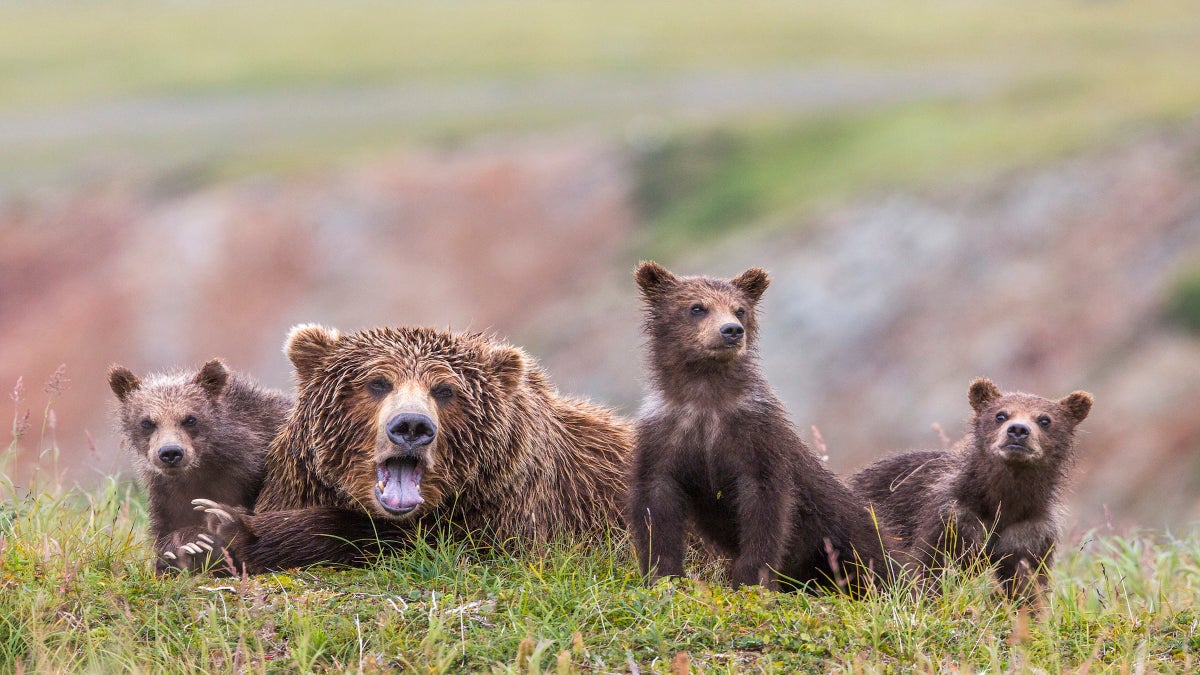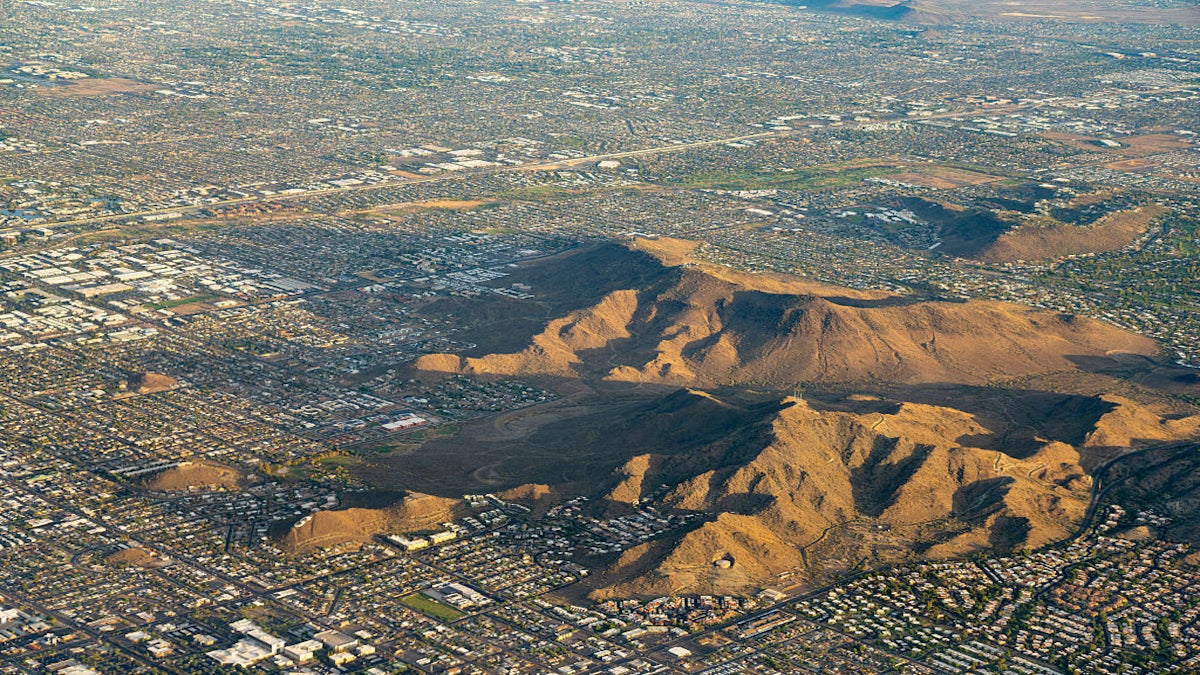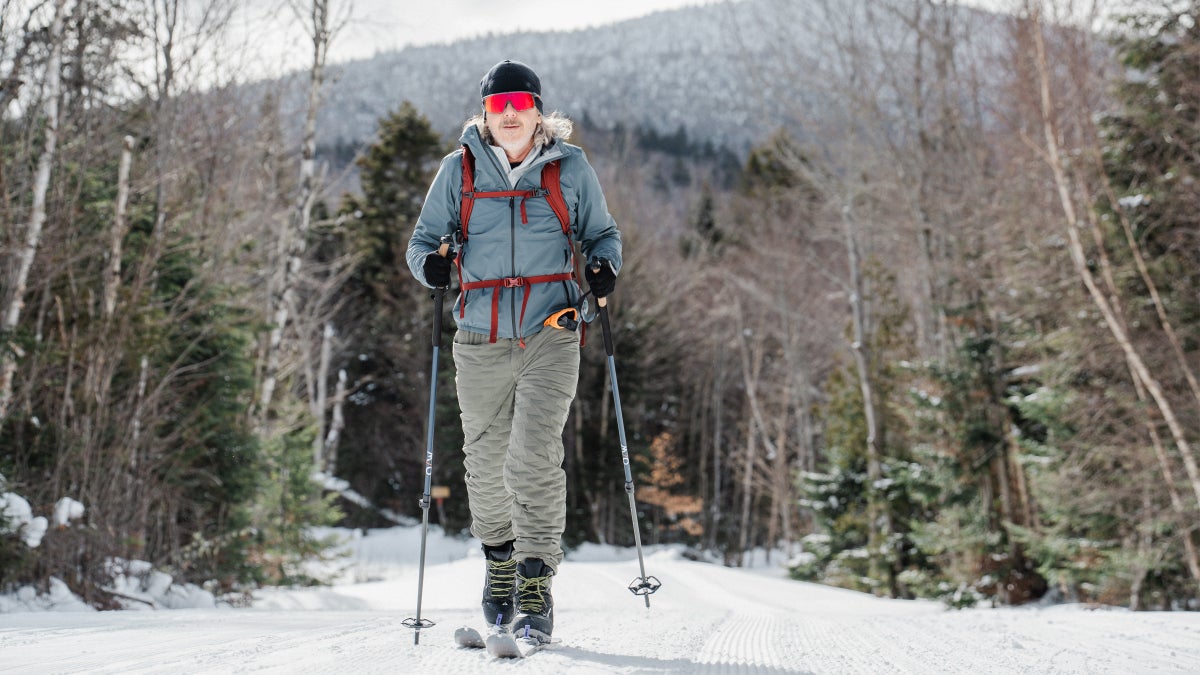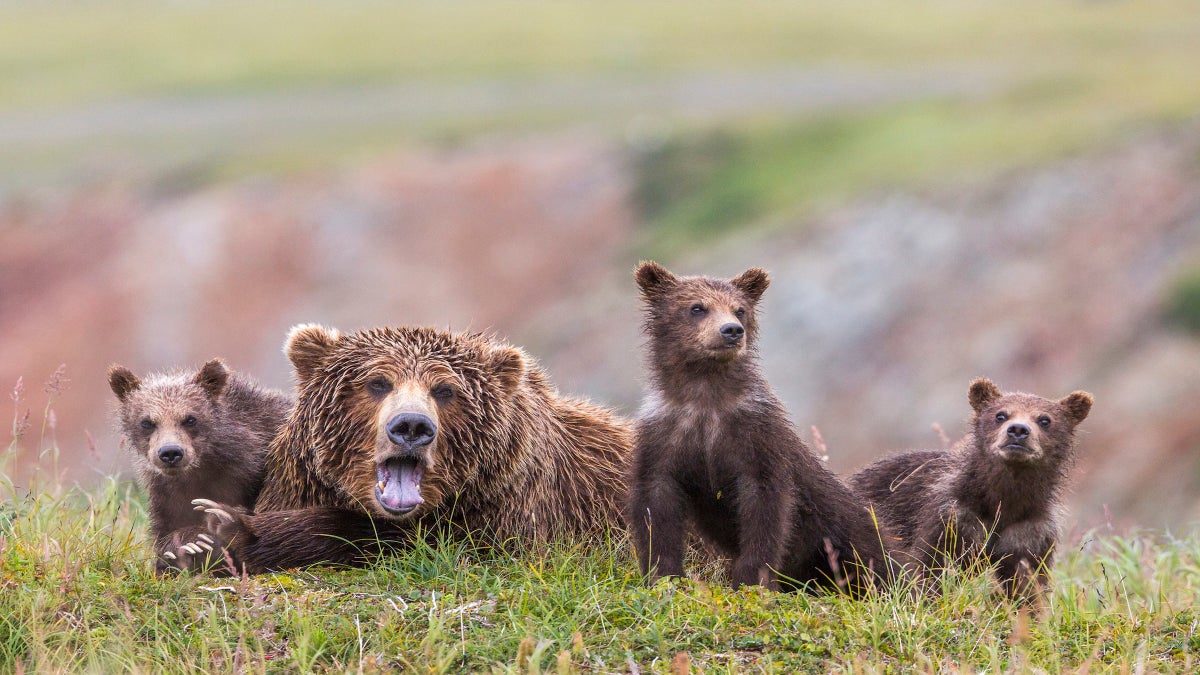
A mother grizzly bear attacked a pair of hikers in British Columbia, but both are expected to survive after being treated at a nearby hospital. The attack occurred on October 12 while the duo was hiking Farm Cabin Trail in the McGregor Mountains, a roughly ten-mile out-and-back route that leads to a remote alpine cabin.
British Columbia’s Conservation Officer Service (COS) reported on Facebook that the hikers were seriously injured after encountering a grizzly sow with two cubs. In light of the incident, the trail has been closed until further notice.
“Following an investigation, the COS Predator Attack Team determined the bear’s actions were defensive,” said COS. “Due to the location and nature of the incident, no action will be taken against the bears.”
Bear attacks on humans are rare, but can be serious. Defensive attacks by female bears, or sows, are particularly common in late spring, when they are hyper-protective of their newborn cubs. According to the North American Bear Center, 70 percent of all fatal attacks by grizzly bears, specifically, are instances of female bears defending their cubs. Adult bears of both sexes are often more aggressive in the autumn, when they enter a period known as hyperphagia, dramatically increasing their food intake to stock up on calories in advance of winter hibernation.
In September, a bear attacked a hiker in Yellowstone National Park, which park officials believed to be a grizzly, and two more hikers were attacked in Alaska’s Kenai Fjords National Park later that month.
In August, Outside reported on two instances in Montana and British Columbia where hikers used bear spray to deter aggressive bears. The tool is considered a must-have deterrent when venturing into bear country, though questions remain about its efficacy compared to firearms in fending off charging bears.
Along with their post on the October 12 attack, the COS published a list of guidelines for those heading into bear country.
- Stay Alert & Make Noise: Talk, sing, or clap regularly to avoid surprising a bear—especially near streams, dense brush, or when visibility is low.
- Travel in Groups: Hike in groups whenever possible. Bears are less likely to approach larger groups.
- Carry Bear Spray: Keep bear spray accessible (not in your backpack) and know how to use it. It’s highly effective in deterring aggressive bears.
- Keep a Clean Camp: Store food, garbage, and scented items in bear-proof containers or hang them at least 10 feet off the ground and 4 feet from tree trunks.
- Avoid Bear Habitats: Steer clear of areas with fresh tracks, scat, or animal carcasses. These may indicate a bear is nearby.
- Respect Closures and Warnings: Obey trail closures and posted signs. They’re there for your safety and the bears’ protection.
- Never Approach Bears: No matter how calm or curious they seem, keep your distance. Use binoculars or zoom lenses for viewing.
In the instance of a bear encounter, the COS advises hikers, “Stay calm and don’t run. Speak in a calm voice and slowly back away.”
“If the bear charges, stand your ground and use bear spray if necessary,” the organization adds.
The post Two Hikers in British Columbia Were Hospitalized After a Grizzly Sow Attack appeared first on Outside Online.



